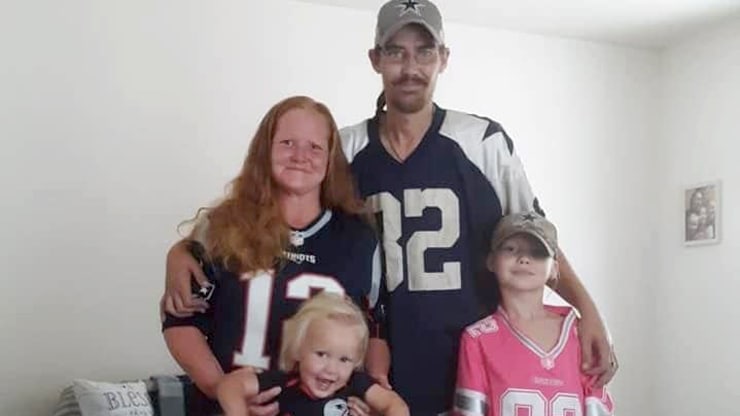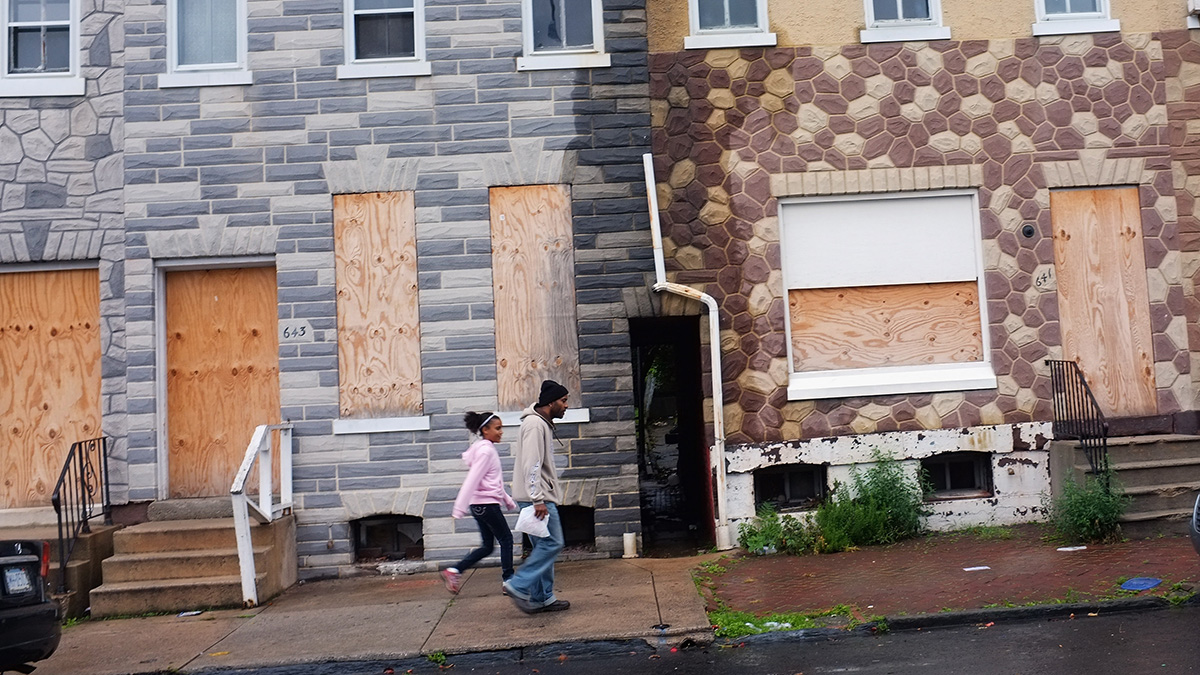NBC10 is one of dozens of news organizations producing BROKE in Philly, a collaborative reporting project on solutions to poverty and the city’s push towards economic justice. Follow us at @BrokeInPhilly.
What to Know
- Gov. Tom Wolf’s administration has reiterated that the governor won’t extend Pennsylvania’s moratorium on evictions and foreclosures past Monday.
- Wolf’s office said it had explored the possibility that it could build off the Federal Housing Administration’s extension of its national moratorium protecting homeowners with FHA-insured single family mortgages. But they have since determined the governor can’t extend his executive order to protect people who aren’t benefiting from the federal moratorium.
- Housing advocates say not only could evictions begin by the 1,000s, but many renters will forego paying other bills to make the rent.
An estimated one in five renters and homeowners in Pennsylvania are behind on their lease and mortgage payments, and Gov. Tom Wolf said they are at risk of losing their homes now that a eviction moratorium ended Sept. 1.
Wolf, along with some Democratic lawmakers and housing advocates, demanded that the Republican-controlled state legislature extend the moratorium.
The governor said he is unable to extend it a second time because of limits to his executive powers in the state's Emergency Services Code.
"The Emergency Services Code limits my power in this particular area and I cannot take any further action on my own," Wolf said at a press conference Tuesday. "The law is pretty clear that I could do it before, and it's pretty clear that I cannot now."
The law states that the governor cannot extend any orders beyond 60 days.
Governors in other states, including Republican Gov. Ron DeSantis in Florida, have extended their state's moratoriums. In Florida, a ban on evictions now is effective until Oct. 1. In California, Democratic Gov. Gavin Newsom signed legislation banning evictions until Jan. 31, 2021.
Officials said the moratorium is for renters who have lost income due to the COVID-19 pandemic, and does not protect every renter who has fallen behind on their rent.
Republican lawmakers have said they'd explore extending the moratorium, but have not yet moved any legislation.
Patty Torres, organizing director of Make the Road PA, told NBC10 last week that an "economic disaster" is going to happen in Pennsylvania if lawmakers and Wolf don't extend the moratorium.
"We are going to see so many people on the streets after this expires," she said. "This is a moment for the legislature and the Speaker of the House to act. This is not a partisan issue."
Democratic state Sen. Jay Costa said Tuesday that he and fellow Democrats have been pushing for the legislature to act for weeks, but to no avail.
"We shouldn’t be here today,” Sen. Jay Costa said. “We should have addressed this a number of weeks ago. … We’ve had 26 legislative days to address this for the people of Pennsylvania and it fell on deaf eyes."
Torres said as many as 500,000 households across Pennsylvania could be evicted once the moratorium ends Sept. 1. That includes an estimated 63,000 to 97,000 households in Philadelphia, she said.
The eviction moratorium was put in place in Pennsylvania as the COVID-19 pandemic shut down large sectors of the economy and millions lost their jobs. Gov. Tom Wolf said this week that he doesn't have the power to extend the moratorium beyond its current end date Sept. 1. That means the Republican-controlled legislature would have to approve of its extension.
The Pennsylvania Residential Owners Associations, an organization of landlords, has lobbied strongly against the moratorium and any extension. It lost a court battle in late July when the state Supreme Court dismissed a lawsuit that claims the moratorium is unlawful.
After the ruling, the association's executive director said of landlords, “If this continues, their business will collapse. Without income, these people will be out of business … They're going to lose those properties. then we're looking at a bigger issue. We're looking at tenants without a place to live."
In July, one analysis found that some 40 million American households faced the prospect of eviction because of financial fallout from the pandemic.
"The United States is facing the most severe housing crisis in history," said Emily Benfer, an eviction expert and a visiting professor of law at Wake Forest University. "Countless lives will be negatively altered solely because they couldn’t shoulder the extraordinary circumstances of the pandemic and economic recession."
Wolf signed an executive order earlier this year that set the eviction moratorium, and he signed another order extending it to Sept. 1. But he said Tuesday that " the Emergency Services Code does not allow for further relief related to temporary housing."
The eviction moratorium came alongside more than $150 million in state assistance to renters and $25 million in aid for mortgage relief. Wolf is asking that state lawmakers look at more funding as well as fixes to the programs, which have included a cap of $750 per month for households.
“The General Assembly must act to fix these problems immediately to provide meaningful assistance to this vital sector of the economy and prevent the displacement of Pennsylvanians as we continue to fight the COVID-19 virus,” said Gov. Wolf. “The Legislature should raise the $750 a month payment to at least 130% of HUD limits which would actually assist landlords in higher cost areas, lead to greater participation in the program and increase the number of tenants assisted."
In Philadelphia, City Council created an Eviction Diversion Program that would give renters an additional layer of protection, but the program is not yet up and running. As of Wednesday, City Hall sources do not believe it will start by the Sept. 1 end of the eviction ban.
A spokeswoman for Mayor Jim Kenney said Tuesday the administration are working toward a program launch in September.
Torres, the housing advocate, said the governor and legislature are not acting as if they are in the midst of a crisis.
"This is like a nightmare right now. All those people could become homeless," Torres said, noting Pennsylvania lacks renter protections that other nearby states like New Jersey and New York have in place. "It’s the responsibility of the governor and state legislature to act now. I don’t know why there isn’t a sense of urgency."



